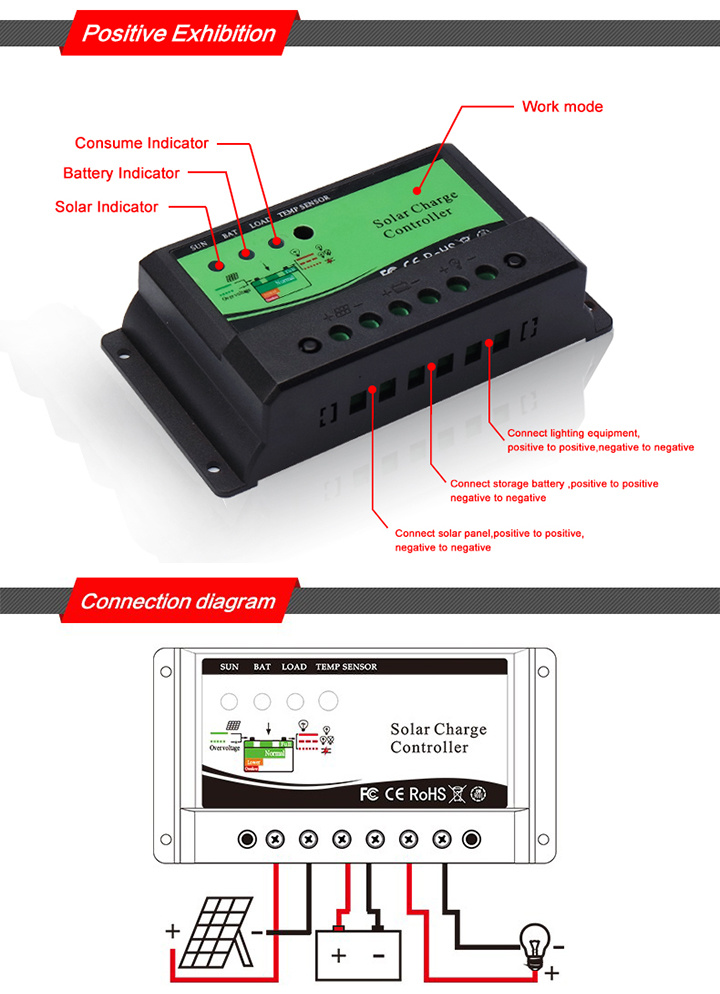As we continue to search for sustainable energy sources to power our homes and offices, solar energy has emerged as one of the most promising options. Solar hot water systems, in particular, have become increasingly popular because they are relatively easy to install and maintain, and they provide a reliable and cost-effective way to heat water using renewable energy.

However, the efficiency of a solar hot water system depends on various factors, including the quality of the solar panels, the type of storage tank used, and the design of the pumping system. One critical component that plays a crucial role in maximizing the efficiency of a solar hot water system is the solar controller.
What is a Solar Controller?
A solar controller is an electronic device that is used to regulate the operation of the circulating pump in a solar hot water system. The primary function of the controller is to ensure that the pump only runs when there is enough heat available in the solar panels to transfer to the working fluid in the system. The controller's secondary function is to prevent the system from overheating by turning off the pump when the storage tank reaches its maximum temperature.
How Does a Solar Controller Work?
A solar controller works by monitoring the temperature of the solar panels and the storage tank and adjusting the flow of the working fluid accordingly. The controller is usually installed close to the storage tank and fitted with temperature sensors that detect the temperature of the hot water stored in the tank and the solar panels.
When the temperature of the hot water stored in the tank drops below a preset level, the controller activates the circulating pump, which then moves the working fluid from the storage tank through the solar panels. As the fluid passes through the panels, it absorbs heat from the sun, which is then transferred to the hot water stored in the tank, heating it up.
When the temperature of the hot water in the storage tank reaches its maximum level, the controller turns off the circulating pump to prevent the system from overheating. Some solar controllers also feature a cooling function, which allows the system to release excess heat from the storage tank when the panels are cooler than the tank, further protecting the system from overheating.
What Are the Benefits of a Solar Controller?
One of the most significant benefits of a solar controller is that it helps to maximize the efficiency of a solar hot water system. By ensuring that the circulating pump only operates when there is enough heat available in the solar panels, the controller can significantly reduce the amount of electricity needed to run the system.
Another benefit of a solar controller is that it helps to protect the system from overheating. When a solar hot water system overheats, it can cause significant damage to the system, leading to costly repairs or replacements. With a solar controller, the system is protected from overpressure, which can cause leaks, and overheating.
Lastly, a solar controller can help to extend the lifespan of the system by reducing wear and tear on the components. By regulating the operation of the circulating pump, the controller can prevent unnecessary strain on the pump and other parts of the system, prolonging their lifespan.
Conclusion
Solar hot water systems are a great way to reduce your carbon footprint and save money on your energy bills. However, to maximize the efficiency and longevity of the system, it is essential to invest in a quality solar controller that can regulate the operation of the circulating pump and protect the system from overheating. By choosing the right solar controller for your system, you can enjoy the many benefits of solar energy for years to come.